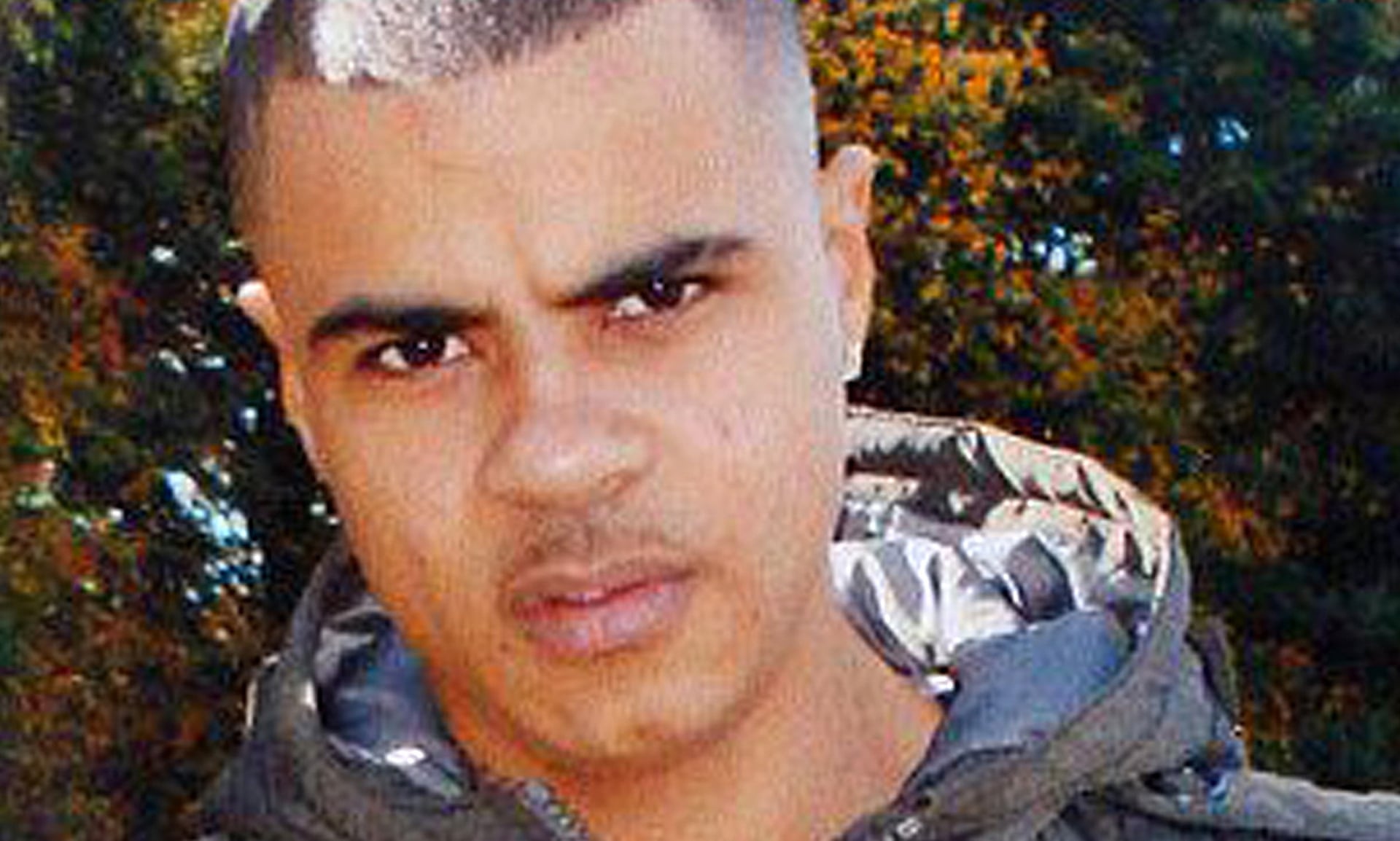In Questions Over Shaun King’s Race, Activists See Challenge to Black Lives Matter MovementPosted in Articles, Media Archive, Passing, Social Justice on 2015-08-22 02:11Z by Steven |
In Questions Over Shaun King’s Race, Activists See Challenge to Black Lives Matter Movement
The New York Times
2015-08-21
Katie Rogers, Senior Staff Editor
A prominent Black Lives Matter activist who has been accused of lying about his race was forced to discuss deeply personal issues after reporters pointed out that the father named on his birth certificate is white.
The controversy surrounding the activist, Shaun King, has become a proxy for a wider culture war over race and policing.
Supporters of Mr. King say that conservative bloggers who first questioned his race are using it to undermine the Black Lives Matter movement.
His critics compare him to Rachel Dolezal, a civil rights activist who was discredited after her parents said she was lying about being black.
Mr. King declined on Wednesday to discuss the accusations against him with The New York Times, referring a reporter to his response on social media.
But after conservative bloggers and journalists at The Daily Beast reported that a white man was listed on his birth certificate, Mr. King wrote an extraordinary blog post admitting that he doesn’t know who his father is.
“Until this past week, never has anyone asked me who my father was during these 35 years of mine,” he wrote on the website Daily Kos. “It occurs to me now that I’ve never asked anyone that question either.”
Mr. King, who has long identified as black, said that he had been told for most of his life that his father was a light-skinned black man…
Read the entire article here.


